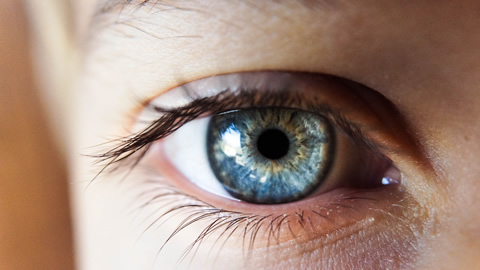Are You a Good LASIK Candidate?

LASIK eye correction surgery has become very popular due to its high success and satisfaction rates. But not everyone is a good candidate for LASIK.
Knowing what aspects of sight can be improved with LASIK, having a clear understanding of the procedure itself, and learning what results can be expected, are all important aspects to determining whether LASIK eye correction surgery can help you.
We encourage you to use the tools listed below to help you answer some of these questions yourself. If you have more questions, or if you would like to make an appointment for a pre-screening, contact us. We are here to answer your questions.
Take this self-screening quiz:
1. Are you 18 years of age or older?
Since vision continues to change in people younger than 18, LASIK surgery should not be performed on patients until they are older than 18.
2. Are you pregnant or nursing?
The refraction of a patient's eye may change slightly during pregnancy or while nursing, therefore LASIK surgery is not recommended during this time.
3. Do you take prescription drugs for chronic conditions?
Some drugs will alter the ability of LASIK to be successful. Contact us for a complete listing.
4. How long has it been since your eyeglass prescription last changed?
If your eyes continue to change, LASIK will not be as successful as it should be. It is best to wait until your eyeglass prescription has not changed for one to two years before you arrange for LASIK surgery.
5. Do you have any chronic health problems?
You should be in good general health. LASIK may not be recommended for patients with diabetes, rheumatoid arthritis, lupus, glaucoma, herpes infections of the eye, or cataracts. If there are any questions about your health, they should be discussed with your surgeon during your pre-screening.
6. Are you realistic about the risks and rewards of LASIK surgery?
If you are happy wearing contact lenses or glasses, then you'll want to be sure your expectations about additional improvement in your eyesight are realistic. Be sure to ask your surgeon about the possibilities and potential problems.
7. Do you have astigmatism? Are you nearsighted or farsighted?
All of these conditions may be corrected by LASIK surgery. Be sure to discuss the potential of correction with your surgeon.
8. Do you need reading glasses?
Only one correction can be made in an eye. However, if you wear bi-focals, or simply need reading glasses, the doctor may prescribe monovision correction: one eye will be corrected for distance and, if desired, the other eye can be corrected for reading. Ask your surgeon about monovision correction and weigh the pros and cons.
You may be a poor candidate for LASIK if you have/had:
- Considerable changes in prescription between eye exams
- History of keloid formation
- Keratoconus (thinning of the cornea)
- Kertitis sicca (advanced dry eyes)
- Poorly controlled diabetes
- Glaucoma
- Cataracts
- Expectant or nursing mothers
- Heart patients that require a pacemaker
- Recurring ocular herpes simplex
- Active ocular inflammatory disease
- Severe amblyopia or "lazy eye"
- Vascular disease
- You are under 18 years of age
Did you learn more about your potential for successful LASIK correction? If you are satisfied you meet these criteria, or have further questions to help qualify yourself, please contact us for more information or to make a pre-screening appointment.


